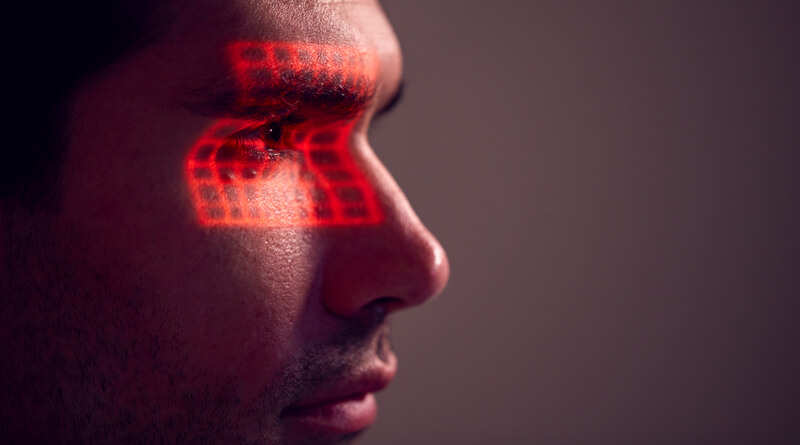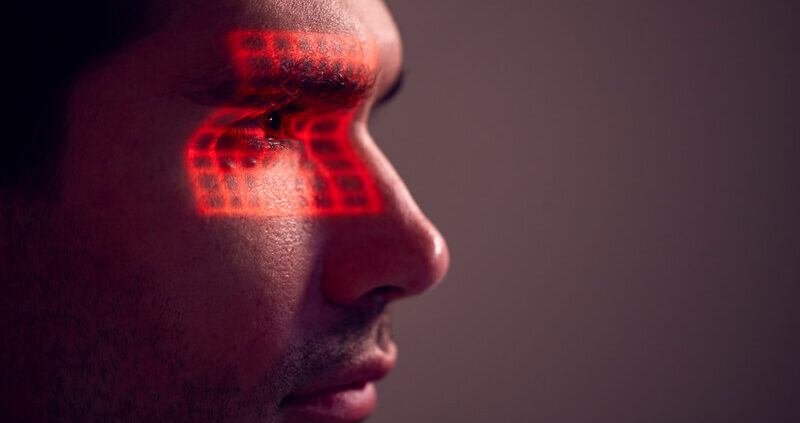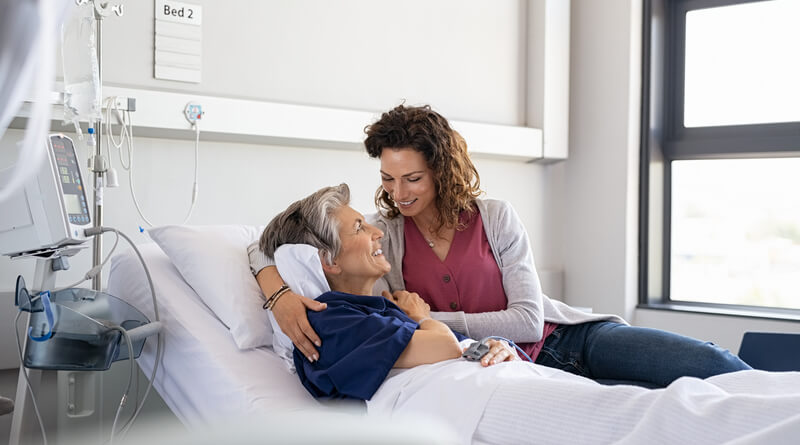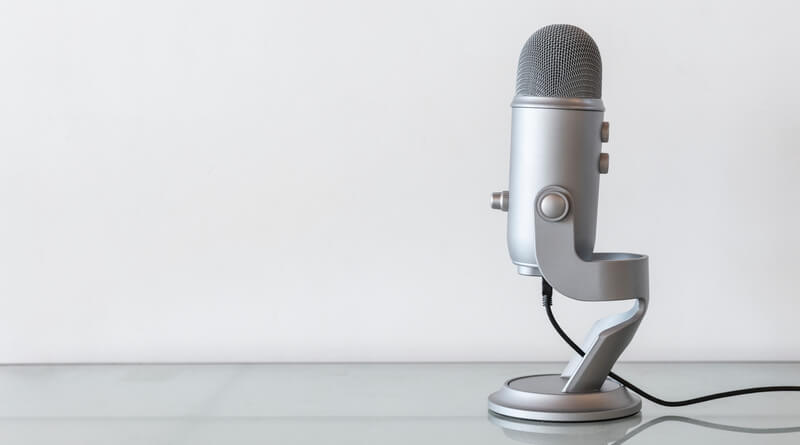How Photo Biometrics Can Improve Healthcare Outcomes for Patients

The following guest post on the rising use of photo biometrics for patient ID in healthcare was submitted by Amanda Gaid.
Photo biometrics are increasingly being used for passports and other identification needs. Medical facilities and practices are also beginning to see the merit in utilizing photo biometrics for patient identification. There are many ways that photo biometrics can be beneficial for providers, insurance companies, and especially patients. Using photo biometrics can help to improve healthcare outcomes for patients in a number of ways.

The rising use of photo biometrics for patient ID in healthcare is helping to increase patient safety, reduce medical errors, and improve revenue cycle management.
Helps Prevent Medical Identity Theft
Photo biometrics help to ensure that a patient receiving medication and treatment is in fact the patient identified on a medical card. Medical identity theft is widespread, with many people posing as patients in order to receive drugs. Photo biometrics link a patient’s photograph and iris biometrics to a set of medical records. Using this system ensures that patients will not be misidentified and makes it very difficult for thieves to bypass.
Improves Data Integrity
When medical information is breached by identity thieves, health records may show that patients received treatments and medications that were actually taken advantage of by thieves. This can be dangerous for patients that really need these treatments. Blood pressure and other clinical measurements may also be skewed by thieves posing as patients. Protecting this information can help to ensure greater data integrity.
May Help Patients That Can’t Help Themselves
Patients that are brought into a medical facility unconscious or that face advanced stages of cognitive decline may not be able to provide crucial medical information in times of emergency. Photo biometrics allow medical providers to identify a patient and access a wealth of information about allergies, current medications, and conditions that may be instrumental in providing treatment. This may help to protect patients from medication reactions, infections, and other issues while allowing providers to treat patients quickly.
Can Help Prevent Errors in Medical Billing
Medical billing errors can occur due to a number of different circumstances. In some cases, medical practices and hospitals that are switching over to electronic health records (EHRs) will inadvertently replicate an entire patient’s history, showing double treatments and visits. In other cases records may be filed incorrectly. Thieves may also add to inaccuracy of medical billing information. Linking all EHRs and billing information to photo biometrics can prevent billing errors and help to ensure accuracy of patient financial information.
Increases Patient Satisfaction Levels
Patient satisfaction can have an impact on patient outcomes. Patients are more likely to follow medical advice and attend regular medical visits when the experience is pleasant and the provider is trusted. Photo biometrics can make patients feel more secure and can expedite visits and treatment. Patients may also be able to access their own information more conveniently and securely, which can increase empowerment and patient engagement.
Amanda Gaid is a recent college graduate and avid writer. While her primary focus in college was Psychology, Gaid minored in English Literature and Public Health. She draws on her knowledge of these subjects to create online content that addresses human needs in a simple way. In her spare time, she enjoys traveling as well as beach breaks and playing with her dog.









Leave a Reply
Want to join the discussion?Feel free to contribute!